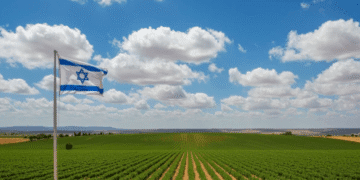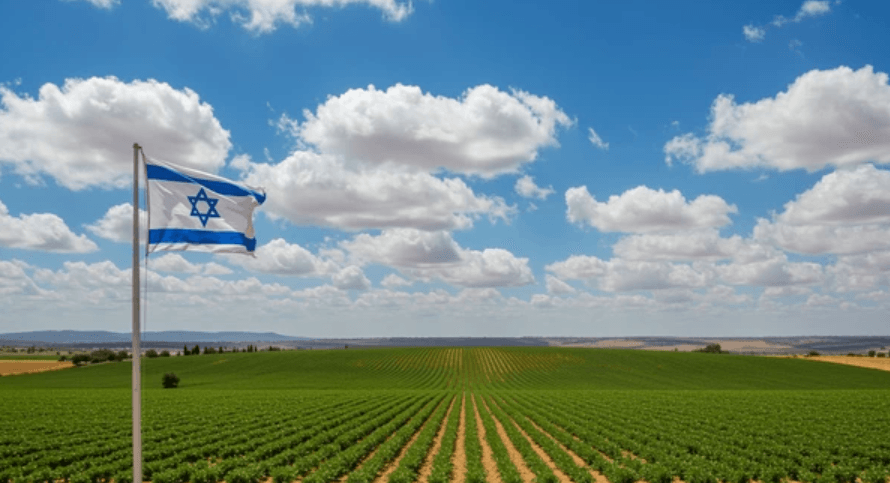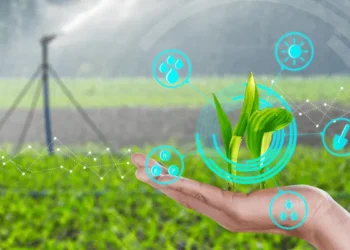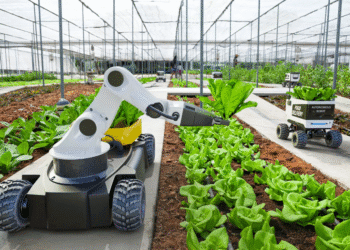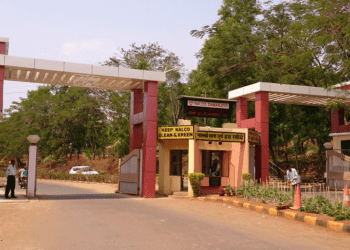Anindita Nayak
Bhubaneswar, 29 Sep 2025
As the world approaches 2025, the global food system is under increasing pressure from climate-related supply issues, rising costs, and the urgent need for sustainable practices. In this situation, Israel, known as the “Start-Up Nation,” has become a leader in AgTech innovation. The country has created innovative solutions in precision irrigation, biological pest control, AI-driven platforms, and improved fertilizers, all due to its dry climate and limited resources. This article features five Israeli startups that are changing agriculture by providing efficiency, sustainability, and resilience to a vulnerable global food supply chain.
- CropX
CropX, founded in 2013 in Tel Aviv with a U.S. hub, is a top AgTech company that offers digital farm management solutions. In 2023, it was valued at $150 million after raising $50.5 million across more than 10 funding rounds. The company operates in over 70 countries with more than 15,000 installations. Its platform combines soil sensors with satellite, weather and crop data to improve efficiency. It saves up to 50% on water, increases yields by 10 to 20%, reduces fertilizer use by 10 to 20%, cuts fungicide use by up to 25%, and lowers greenhouse gas emissions by 9 to 13%. With acquisitions like CropMetrics, Tule and Acclym planned for 2025, CropX has gained recognition from the World Economic Forum as a Tech Pioneer in 2021 and from FoodTech500 in 2023. It also partners with NASA Harvest and PepsiCo to promote sustainable agriculture.
- Taranis
Taranis, founded in 2015 in Israel by Ofir Schlam, Eli Bukchin, Assaf Horowitz, and Ayal Karmi, is a global leader in crop intelligence, now headquartered in Indiana with offices in Tel Aviv and Brazil. Its AI-powered platform delivers sub-millimeter (0.5 mm/pixel) leaf-level imaging up to 500x more detailed than standard platforms using drones, aircraft, satellites, and field sensors, backed by over 200 million crop threat data points. Covering more than 2 million acres in the U.S. and Brazil by 2022, Taranis helps growers detect weeds, pests, diseases, nutrient gaps, and emergence issues, boosting profits by 15% while reducing chemical use through precision spraying. The company has raised over $100 million, including a $40 million Series D in 2022 led by Inven Capital, and has doubled revenues in recent years within a $20 billion market. Working with 100+ ag retailers, advisors, and thousands of farmers worldwide, Taranis is also advancing the Agri-Carbon market to support regenerative farming and conservation funding.
- SupPlant
SupPlant was founded in 2012 in Afula, Israel, by Ori Ben Ner, Zohar Ben Ner, and Eran Brezner. This startup focuses on smart irrigation to address water shortages and climate change using plant-based technology. Their AI-driven platform relies on the world’s largest plant database, which includes data from 2,200 growing seasons, 32 crops, and 14 countries. It gives irrigation suggestions that can save up to 30% more water. SupPlant provides both sensor-based solutions and a sensor-less API, aiming to reach 450 million smallholders. In 2022, they targeted over 1 million smallholders in Africa and India. They notably assisted 500,000 female maize farmers in drought-hit Kenya by offering mobile guidance. The company has raised $46 million, including $27 million in a Series C funding round in March 2022 led by Red Dot Capital, to grow globally and improve its sensor-less service. SupPlant was named to TIME’s Best Inventions list. The company promotes sustainability and social equity while also expanding into water-stressed regions like Morocco and the UAE after the Abraham Accords.
- Prospera
Prospera, founded in 2013/2014 in Tel Aviv by Daniel Koppel, Raviv Itzhaky, and Shimon Shpiz, is an AI-powered crop management company focused on digitizing farm production to boost yields, crop health, and profitability while advancing sustainable agriculture. Before being acquired, it raised $22M–$26M, including a $15M Series B in 2017 led by Qualcomm Ventures and Cisco Investments, with Bessemer Venture Partners as an early backer. In May 2021, Valmont Industries acquired Prospera for $300M, integrating its AI with Valley Irrigation systems to advance autonomous crop management. By 2020, its technology was monitoring 5M acres, highlighting rapid scalability and adoption. Recognized as a WEF Technology Pioneer and one of CB Insights’ Top 100 AI Companies, Prospera has also partnered with Bayer’s Vegetable Seeds unit to deploy digital greenhouse solutions. Its platform optimizes water and fertilizer use, enhances predictability, and enables early detection of threats like disease or nutrient deficiencies, directly improving efficiency and yields.
- Netafim
Netafim was founded in 1965 on Kibbutz Hatzerim in Israel’s Negev desert. It was inspired by Simcha Blass’s invention of drip irrigation. Netafim is the world leader in precision irrigation. Its mission is to help the world “grow more with less.” In 2017/18, Orbia (formerly Mexichem) bought an 80% stake for around $1.9 billion, while Kibbutz Hatzerim kept 20%. Netafim now brings in over $1 billion in annual revenue, such as $1.063 billion in 2019. It works in more than 110 countries, has 33 subsidiaries, 17 manufacturing plants, and serves over 8.5 million farmers, irrigating more than 10 million hectares worldwide. Its drip and micro-irrigation systems can save up to 70% more water compared to traditional methods. They help conserve 30-40 billion cubic meters of water each year. In Mexico, its systems increased corn yields by 27% while cutting water use by 66%. Netafim also improves fertilizer efficiency by up to 30%, which helps lower carbon emissions. It promotes sustainability with its “ReGen Circularity” program, aiming for 45% recycled content in drip line production by 2030. With innovations like the Family Drip System™ for smallholders and “irrigation-as-a-service” models, Netafim supports food security and climate resilience globally.
